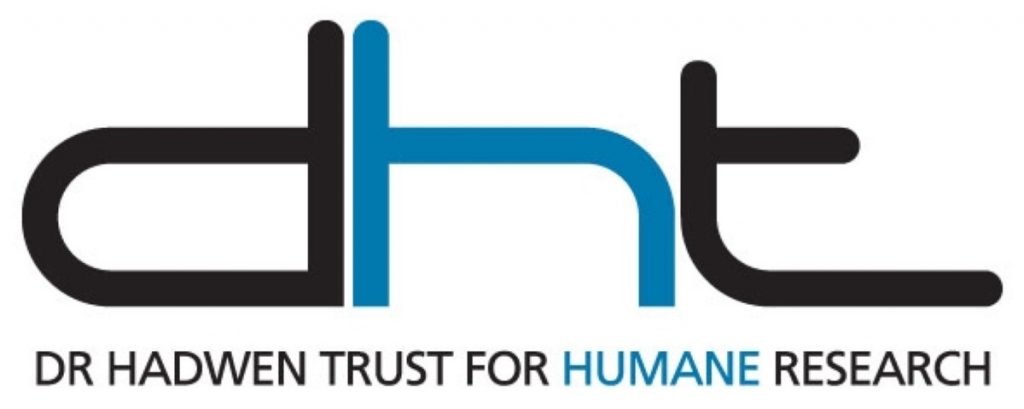Dr Hadwen Trust response to Oxford University’s new animal facility
Oxford University has officially opened its new multi-million pound animal facility in South Parks Road, Oxford. The Dr Hadwen Trust, the UK’s leading non-animal medical research charity, is dedicated to advancing medical research via non-animal methods. As such we cannot and do not support this new animal facility. As well as causing suffering and distress to millions of animals each year, animal experiments have serious scientific limitations.
Nicky Gordon, Dr Hadwen Trust, says:
“An investment of this magnitude in a new animal facility reflects an incredible short-sightedness on the part of Oxford University. The research techniques of the future will not be based on animal experiments, but on advanced non-animal approaches. Oxford University could have become a leading centre for these exciting techniques, but instead it has locked itself into a mode of research that is already outdated. When subjected to the scrutiny of independent scientific reviews, time and again animal experiments fail to demonstrate relevance to human patients. By contrast, non-animal methods like advanced human cell cultures, molecular studies, computer modelling of organs and 3-D human tissue engineering, represent the future of medical progress.”
A review published in the British Medical Journal in 2007 [1] concluded that results from animal research into treatments for five different human diseases had failed to correctly predict the human outcome fifty percent of the time: about as accurate as flipping a coin. This is an appalling waste of animals’ lives and risks the health of patients who participate in clinical trials.
In another independent analysis, a review of 76 highly cited animal studies published in seven leading scientific journals found that only 37% of the animal tests correctly predicted successful treatments in clinical trials [2].
Medical research based on artificially creating a small selection of symptoms in animals that are similar to those seen in humans, has failed time and again. Vital and often subtle anatomical, metabolic, physiological and pharmacological differences between species mean that results can be misleading. For some diseases where little progress has been made in spite of decades of animal experiments, the conclusion must be that the animal models are failing to elucidate the human condition, and in some cases such as multiple sclerosis research, have almost certainly obscured our understanding of it.
A note on protest:
The Dr Hadwen Trust believes strongly in the democratic right to legitimate protest including peaceful demonstrations. As a registered charity we operate wholly within the law and oppose unreservedly the use of violence or intimidation. Whilst the majority of anti-vivisection campaigners protest lawfully, a very small number have employed extreme or intimidatory methods in their campaign to halt the Oxford animal house. Whilst the Dr Hadwen Trust would like to see all animal research ended and replaced with more advanced non-animal methods, we cannot condone such extreme tactics. We believe they are wrong in principle and ultimately counterproductive in the wider campaign to win hearts and minds and secure long-lasting legislative protection for animals.
Notes:
1. Perel P et al (2007). Comparison of treatment effects between animal experiments and clinical trials: systematic review. BMJ 334:197.
2. DG Hackam & DA Redelmeier (2006). Translation of research evidence from animals to humans. Journal of the American Medical Association 296:1731-1732.





-01.png)